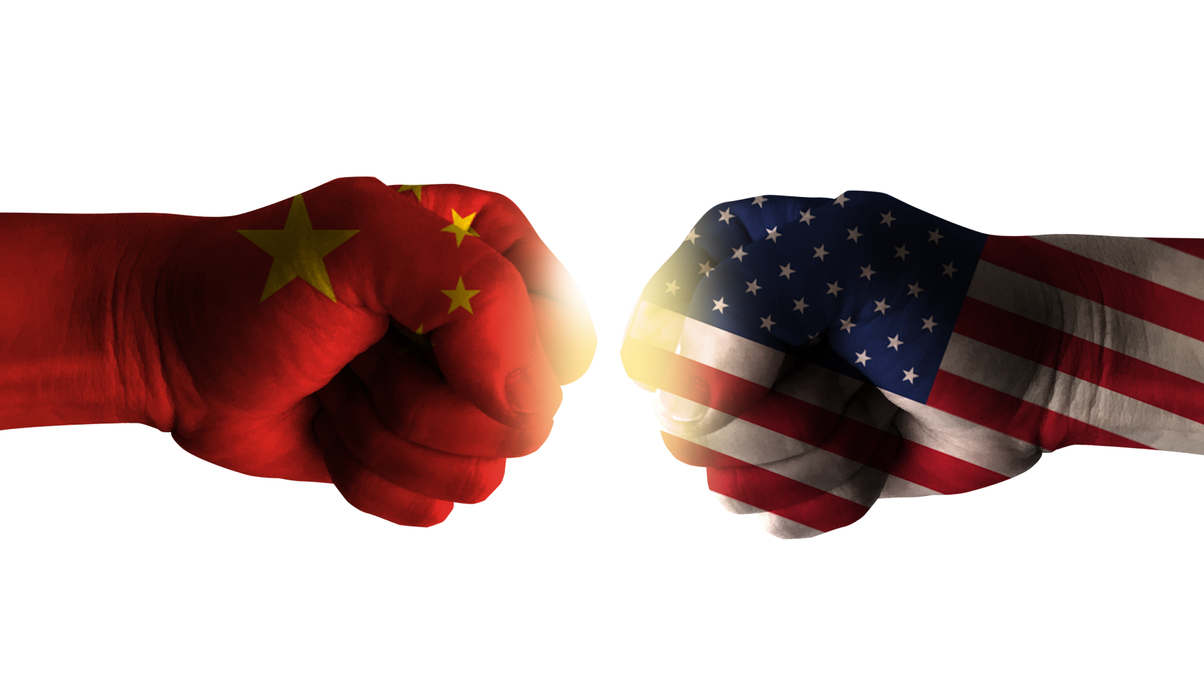‘War produces no winners’ but investors set to survive risks in US-China stand-off
China is in no mood to bow to the US on contentious issues, but investors with a long-term objective should not be too concerned, say market observers.

If the Biden administration shares anything with Trump, it’s China. The baton of US-China trade tensions has been passed, and firmly grasped, by the new US presidency and the words ‘conflict’ and ‘war’ are increasingly being used; and not just in the context of trade.
Sign in to read on!
Registered users get 2 free articles in 30 days.
Subscribers have full unlimited access to AsianInvestor
Not signed up? New users get 2 free articles per month, plus a 7-day unlimited free trial.
¬ Haymarket Media Limited. All rights reserved.


